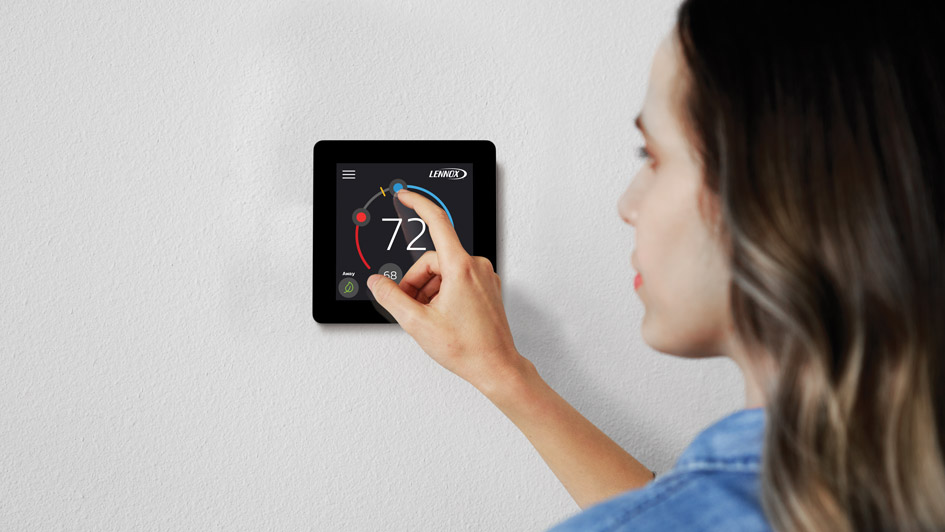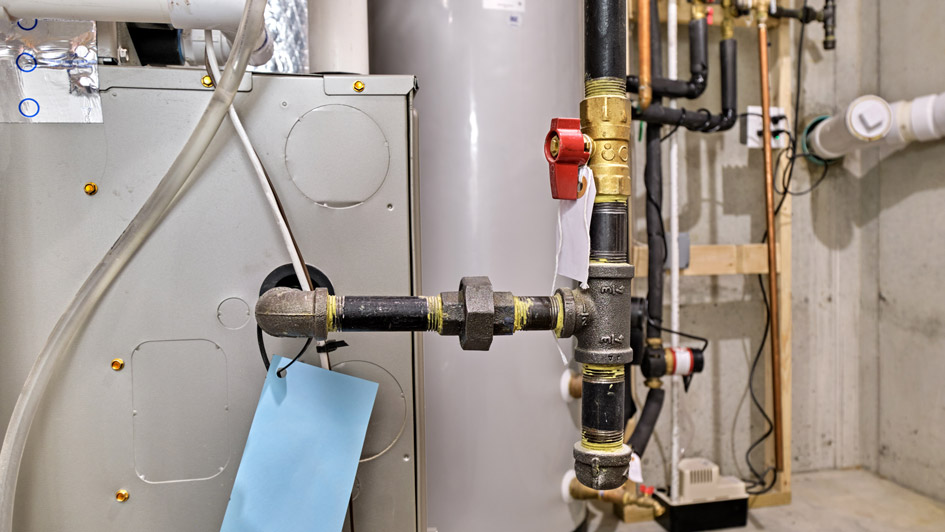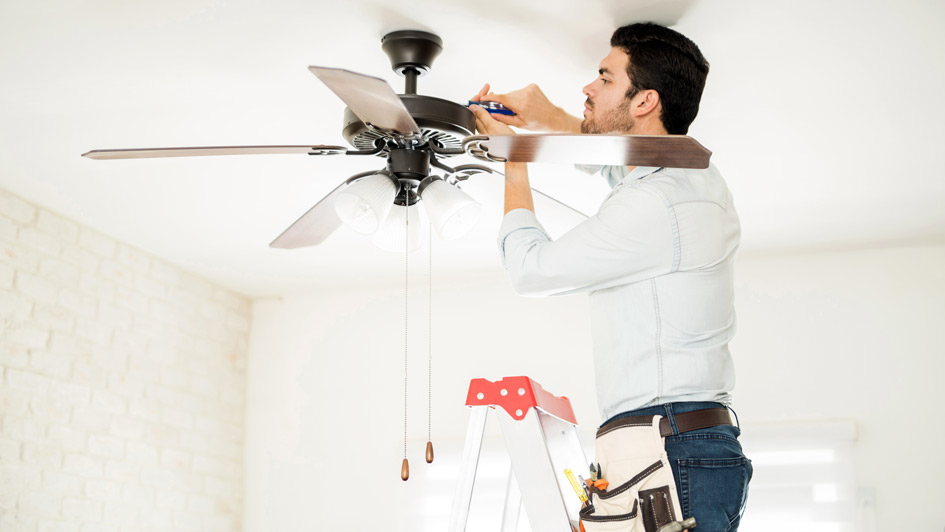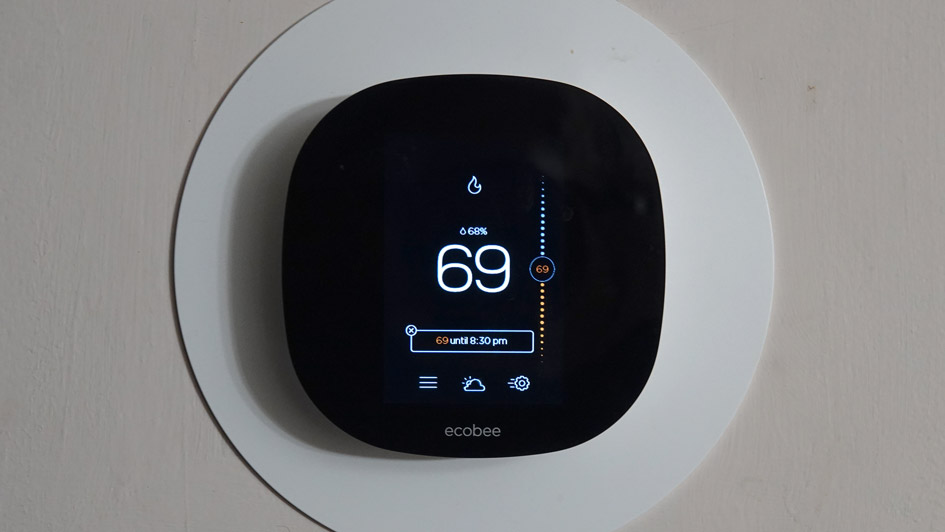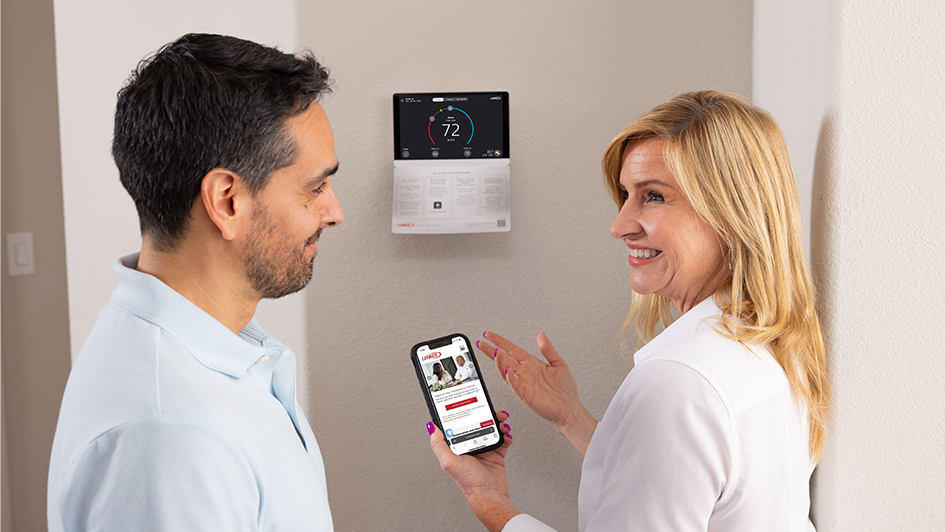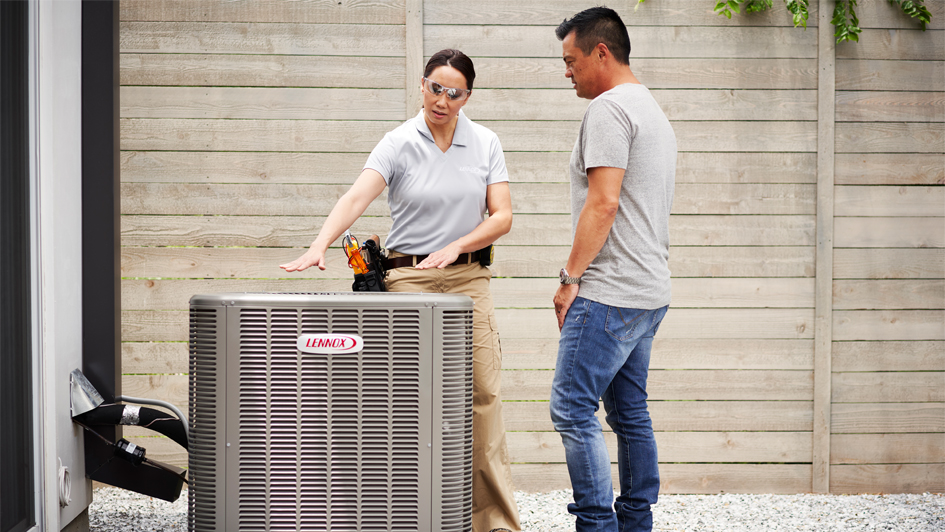Blog
Serving Los Angeles and These Areas
About AZ Air Conditioning and Heating
At AZ Air Conditioning and Heating, making your home comfortable is our biggest interest. That’s why we provide lasting HVAC units and excellent work in Los Angeles. Our techs are knowledgeable in a complete range of services, so you can be confident in your results. They’ll provide the support you are seeking, whether it’s putting in an updated HVAC system or servicing and inspecting your present equipment. We’re ready to provide support for all of your needs, so get in touch with us at (877) 559-6081 or contact us online to schedule an appointment today.
© 2025 AZ Air Conditioning and Heating | All rights reserved
ADA Notice
At AZ Air Conditioning and Heating, we are committed to ensuring that individuals with disabilities enjoy full access to our websites. In recognition of this commitment, we are in the process of making modifications to increase the accessibility and usability of this website, using the relevant portions of the Web Content Accessibility Guidelines 2.0 (WCAG 2.0) as our standard. Please be aware that our efforts are ongoing. If at any time you have difficulty using this website or with a particular web page or function on this site, please contact us by phone at 800-296-5088; or email us at info@azaircond.com and place “Web Content Accessibility (ADA)” in the subject heading and we will make all reasonable efforts to assist you.
This website and its third-party tools use cookies to provide you with a great user experience and to achieve the purposes illustrated in the cookie policy. Use of our website constitutes your acceptance of our use of cookies and our cookie policy. Click Here to view our Privacy Policy.

